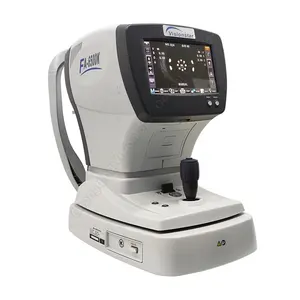Understanding F P Testing
F P testing, or functional performance testing, is an essential process that evaluates the performance, functionality, and reliability of various systems and components. It ensures that products meet specified requirements and operate as intended in real-world scenarios. Businesses across numerous industries utilize F P testing to confirm product integrity and compliance with both safety and quality standards.
Types of F P Testing
F P testing encompasses a variety of testing types tailored to meet different evaluation needs. Here are some of the most common:
- Component Testing: Focuses on individual parts within a system, ensuring each element functions correctly.
- System Testing: Evaluates the entire system as a whole, ensuring that all components work together seamlessly.
- Integration Testing: Examines the interfaces between different components to verify that they work together properly.
- User Acceptance Testing: Conducted from the end-user perspective to confirm that the system meets their needs and expectations.
Applications of F P Testing
The applicability of F P testing spans various industries, underlining its versatility and importance:
- Software Development: Software applications undergo rigorous F P testing to ensure functionality and user satisfaction before release.
- Manufacturing: In product manufacturing, devices and machinery are subjected to F P testing to validate their performance under real-world conditions.
- Automotive: Automotive components are tested for durability and functionality, ensuring vehicular safety and reliability.
- Healthcare: Medical devices must pass F P testing to guarantee safety, performance, and compliance with health regulations.
Features and Advantages of F P Testing
The importance of F P testing lies in its rich set of features and resultant advantages that significantly impact product quality:
- Thorough Validation: F P testing validates the performance of products meticulously, identifying potential failures before they reach the market.
- Enhanced Reliability: Products that undergo F P testing are more likely to perform reliably, which reduces the chances of recalls or malfunctions.
- Customer Satisfaction: Ensuring that products function as promised leads to higher levels of customer trust and satisfaction.
- Cost-Efficiency: Early detection of issues allows for timely corrections, minimizing expensive fixes after production.











































